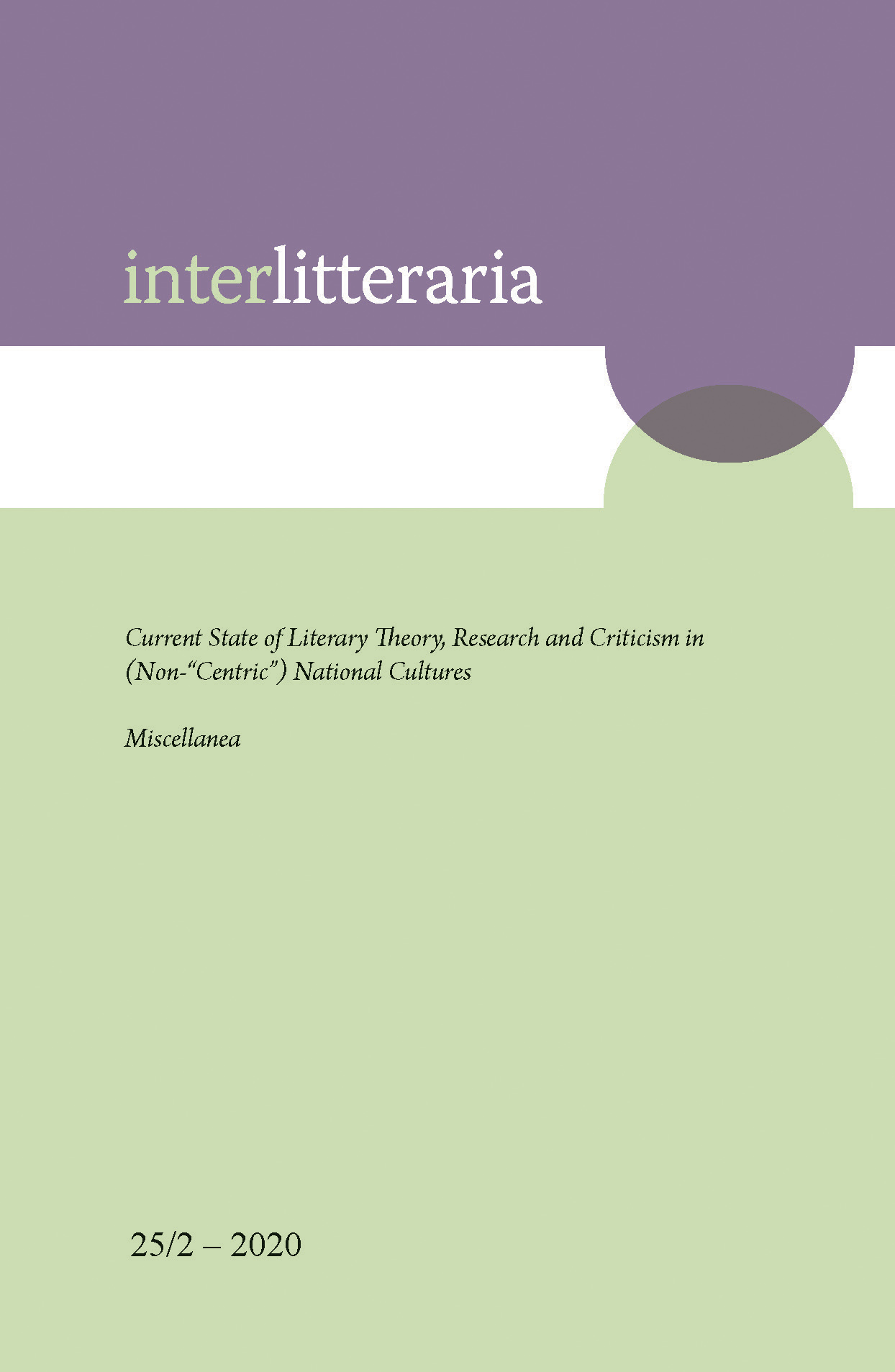Sprach‑ und Weltalternativen: Mehrsprachigkeit als Ideologiekritik in kontrafaktischen Werken von Quentin Tarantino und Christian Kracht
DOI:
https://doi.org/10.12697/IL.2020.25.2.20Keywords:
multilingualism, counterfactual fiction, alternate history, political writing, theory of fiction, German studies, film studies, Quentin Tarantino, Christian KrachtAbstract
Alternatives of Languages and Worlds: Multilingualism as Critique of Ideology in Contrafactual Fiction by Quentin Tarantino and Christian Kracht. Multilingualism and the alternate history genre have something in common: both phenomena are based on the construction of alternatives, in the case of multilingualism on the alternatives between different languages and communication systems, and in the case of the alternate history genre on the alternatives between real-world facts and the variation thereof within fictional worlds. This article investigates the interconnections between these two forms of thinking in alternatives by looking specifically at Quentin Tarantino’s counterfactual war film Inglourious Basterds (2009) and Christian Kracht’s alternate history novel Ich werde hier sein im Sonnenschein und im Schatten (2008). I argue that the consideration of language alternatives forms part of the meta-reflection of the alternate history genre in these works while at the same time opening up a political perspective: in Tarantino’s film and Kracht’s novel, multilingualism serves as a means for the critique of ideology by rendering palpable the political threats of a worldview based on clear-cut alternatives. In the article’s final section, I plead for the establishment of stronger links between the research on literary multilingualism and the theory of fiction.
Downloads
Downloads
Published
Issue
Section
License
The contents of Interlitteraria are published under CC BY-NC-ND licence.


